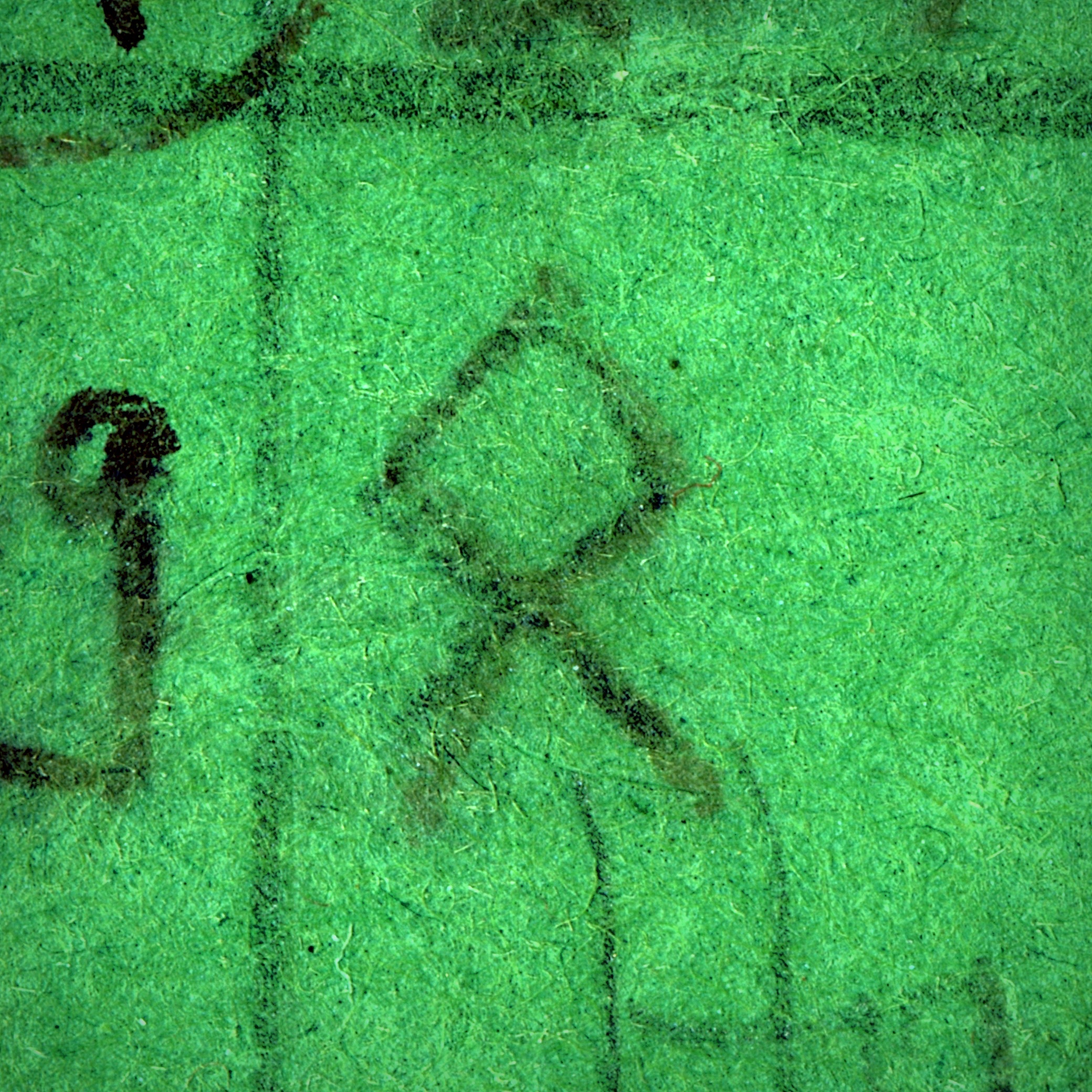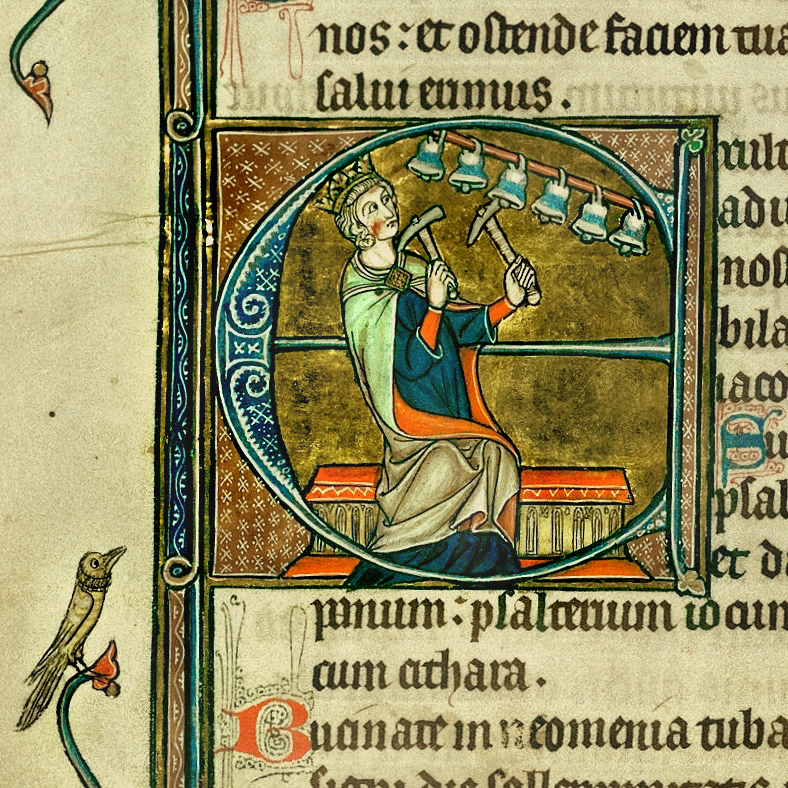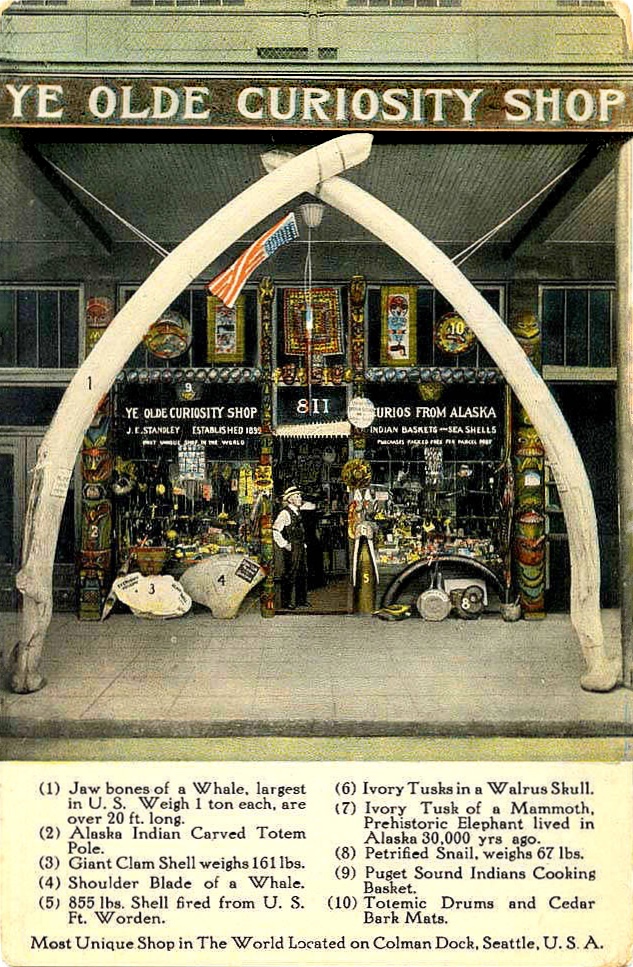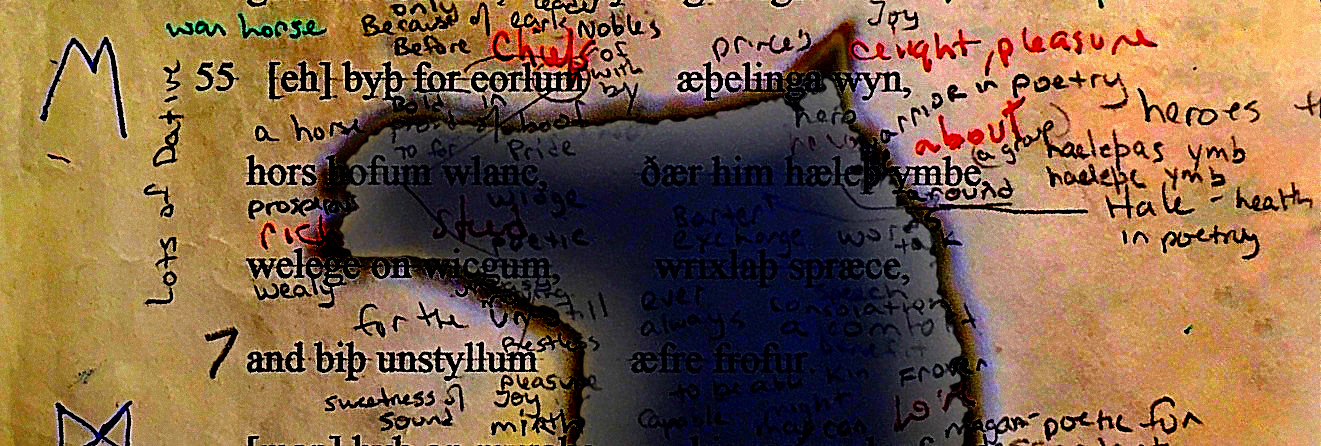 There’s lots of words for horse in Old English, hors, for one. But there’s wicg, hengest, friþhengest, onrid, radhors, mearh, sceam, steda, stott, blanca, gelew, all words that mean specific types of horses by the style, sex, physical appearance, color. This was a horse culture. Horses were a very big deal. Why? They made life easier. Having a horse changes everything. They were useful for pulling stuff, not for ploughing though, they would use oxen for that, but they would use horses to bring goods to market and to haul just about anything anywhere, including themselves: in carts and on horseback. During their prime, horses were particularly indispensable for sending messages long distances. Speedy communication has always been desirable. Finally, literally, chop marks in their bones mean that sometimes horses were eaten, particularly after they’d reach five years of age. Even … More
There’s lots of words for horse in Old English, hors, for one. But there’s wicg, hengest, friþhengest, onrid, radhors, mearh, sceam, steda, stott, blanca, gelew, all words that mean specific types of horses by the style, sex, physical appearance, color. This was a horse culture. Horses were a very big deal. Why? They made life easier. Having a horse changes everything. They were useful for pulling stuff, not for ploughing though, they would use oxen for that, but they would use horses to bring goods to market and to haul just about anything anywhere, including themselves: in carts and on horseback. During their prime, horses were particularly indispensable for sending messages long distances. Speedy communication has always been desirable. Finally, literally, chop marks in their bones mean that sometimes horses were eaten, particularly after they’d reach five years of age. Even … More
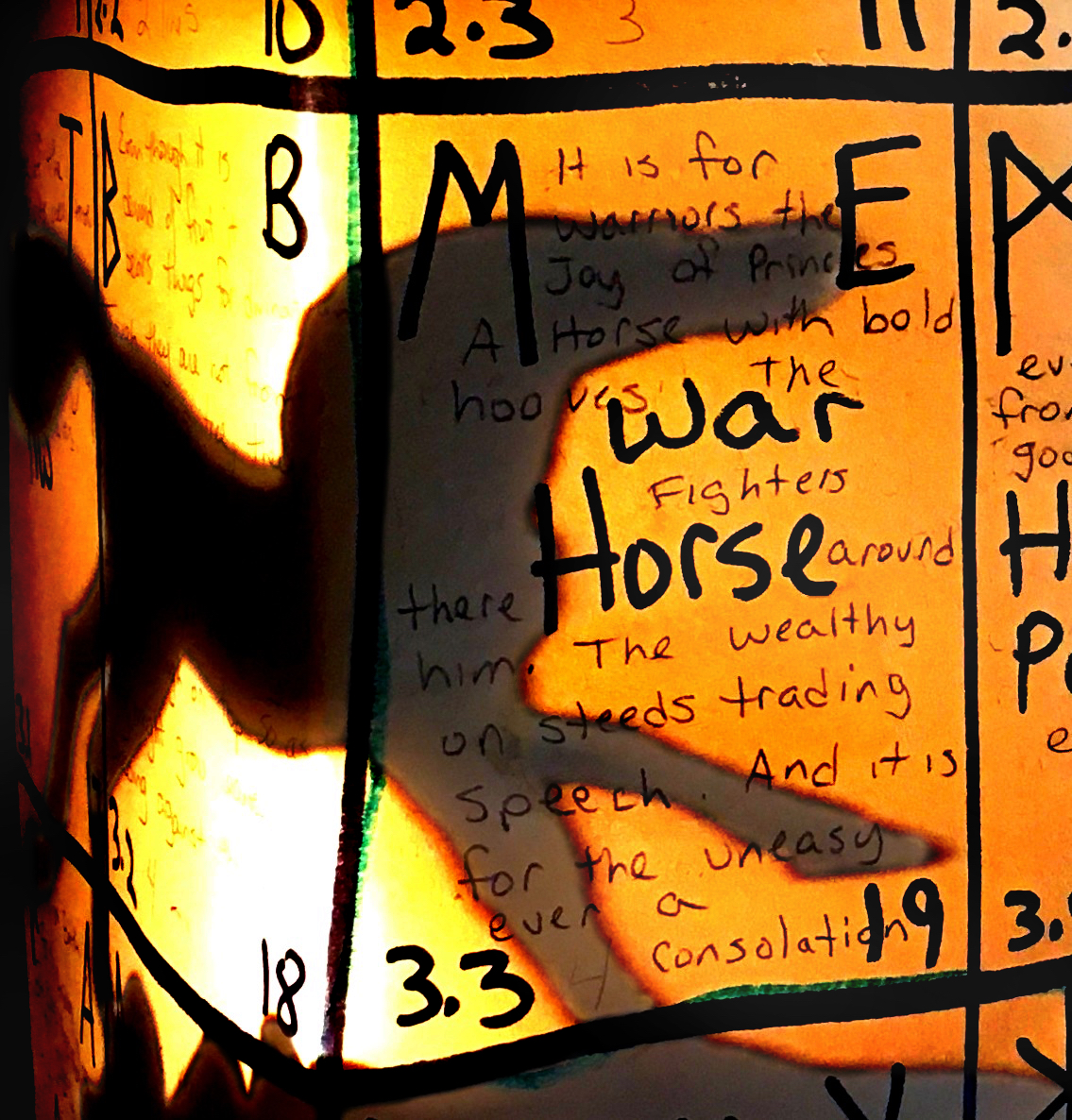

 There’s lots of words for horse in Old English, hors, for one. But there’s wicg, hengest, friþhengest, onrid, radhors, mearh, sceam, steda, stott, blanca, gelew, all words that mean specific types of horses by the style, sex, physical appearance, color. This was a horse culture. Horses were a very big deal. Why? They made life easier. Having a horse changes everything. They were useful for pulling stuff, not for ploughing though,
There’s lots of words for horse in Old English, hors, for one. But there’s wicg, hengest, friþhengest, onrid, radhors, mearh, sceam, steda, stott, blanca, gelew, all words that mean specific types of horses by the style, sex, physical appearance, color. This was a horse culture. Horses were a very big deal. Why? They made life easier. Having a horse changes everything. They were useful for pulling stuff, not for ploughing though, 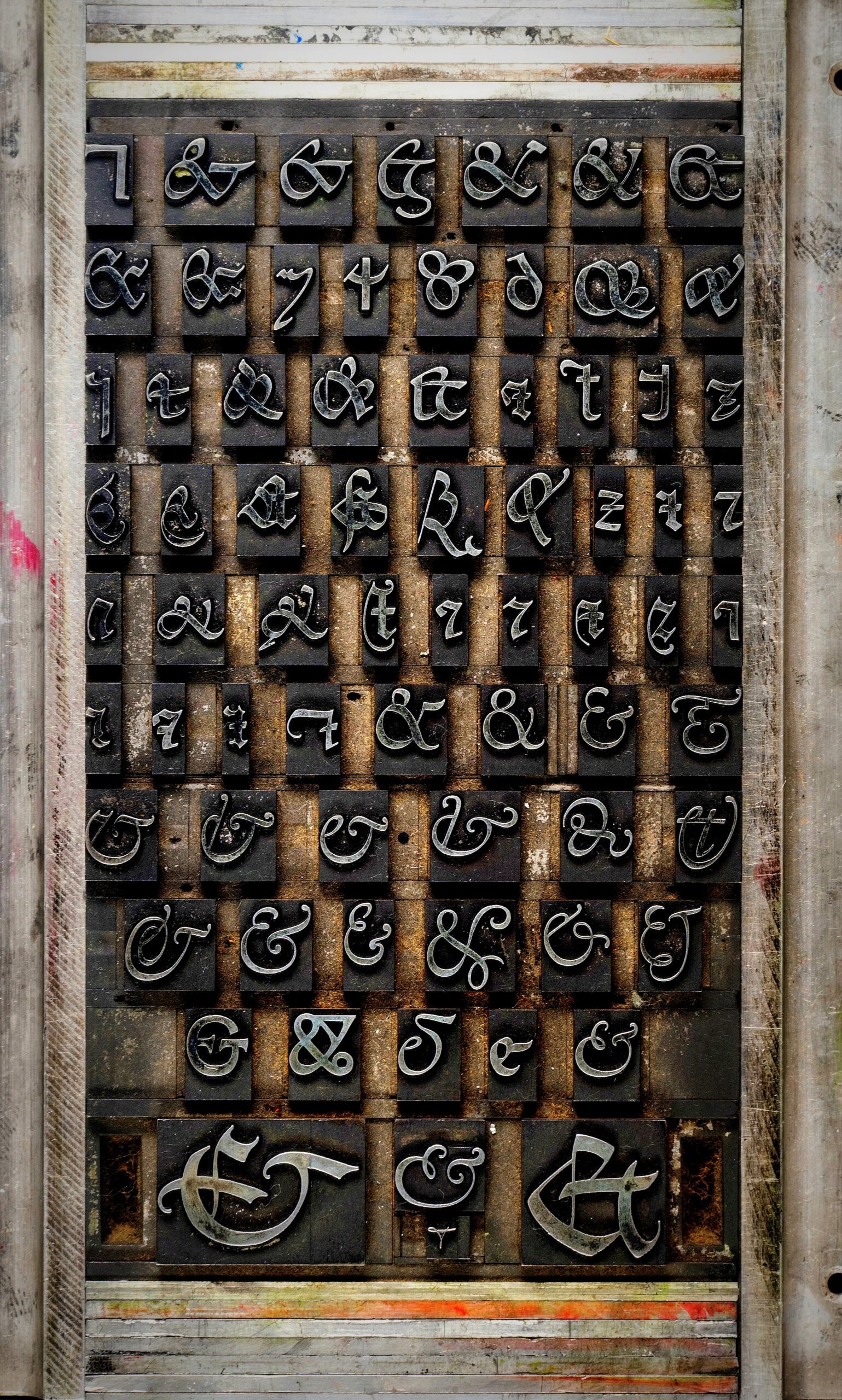 ⁊ is shorthand for the word et which means “and” in Latin. It shows up in place of “and” seven times in the only copy we have of the Rune Poem. The placements seem random, for example
⁊ is shorthand for the word et which means “and” in Latin. It shows up in place of “and” seven times in the only copy we have of the Rune Poem. The placements seem random, for example 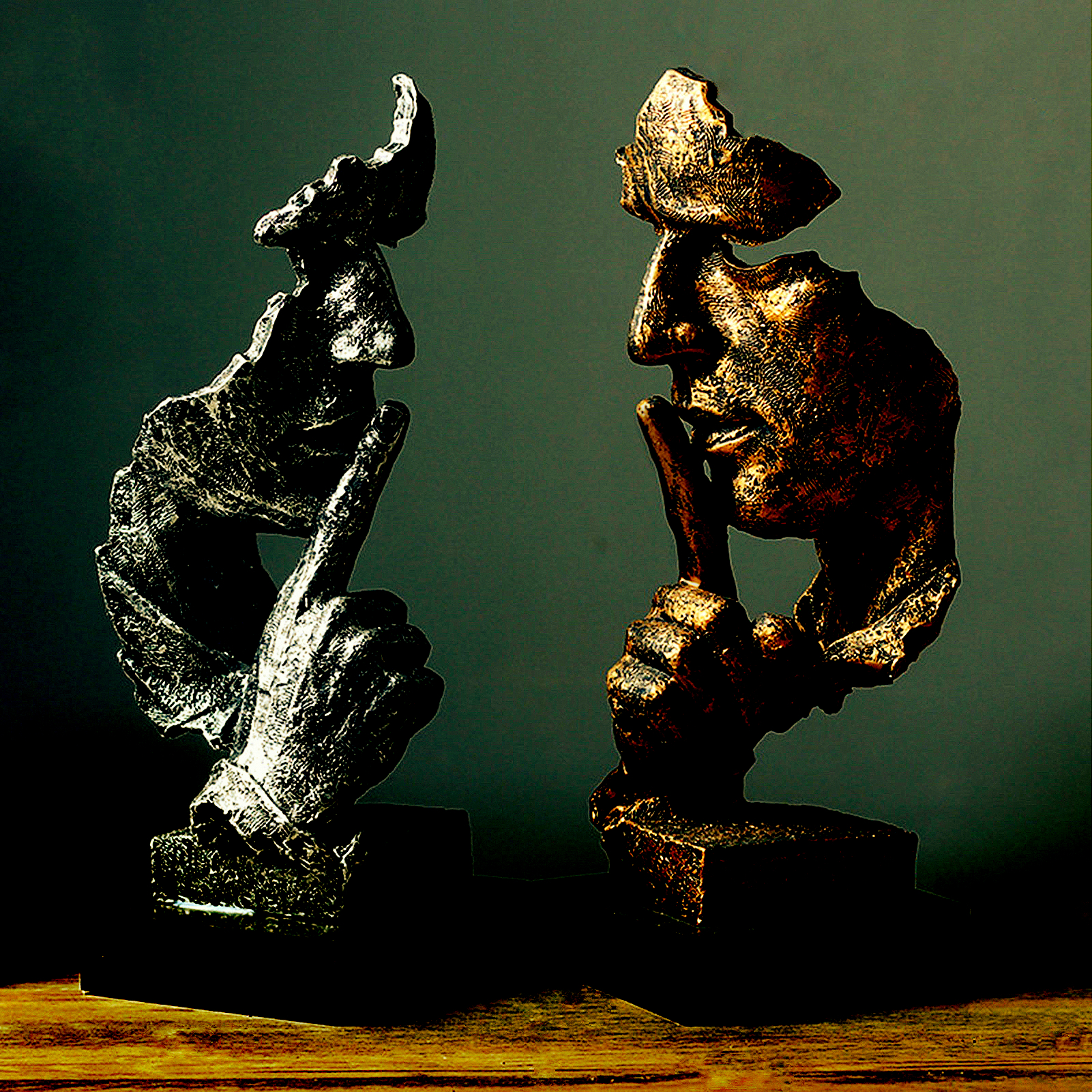 Saddle up, you’ve got a battle on your hands, and no wonder, you are feeling protective and as well you should. You’ve got plenty to protect. You are well equipped for this one, so be proud of that, and you can talk a good game too. Well, talk it up. Gather your people and exchange words about it. Don’t just chat at everybody though,
Saddle up, you’ve got a battle on your hands, and no wonder, you are feeling protective and as well you should. You’ve got plenty to protect. You are well equipped for this one, so be proud of that, and you can talk a good game too. Well, talk it up. Gather your people and exchange words about it. Don’t just chat at everybody though, 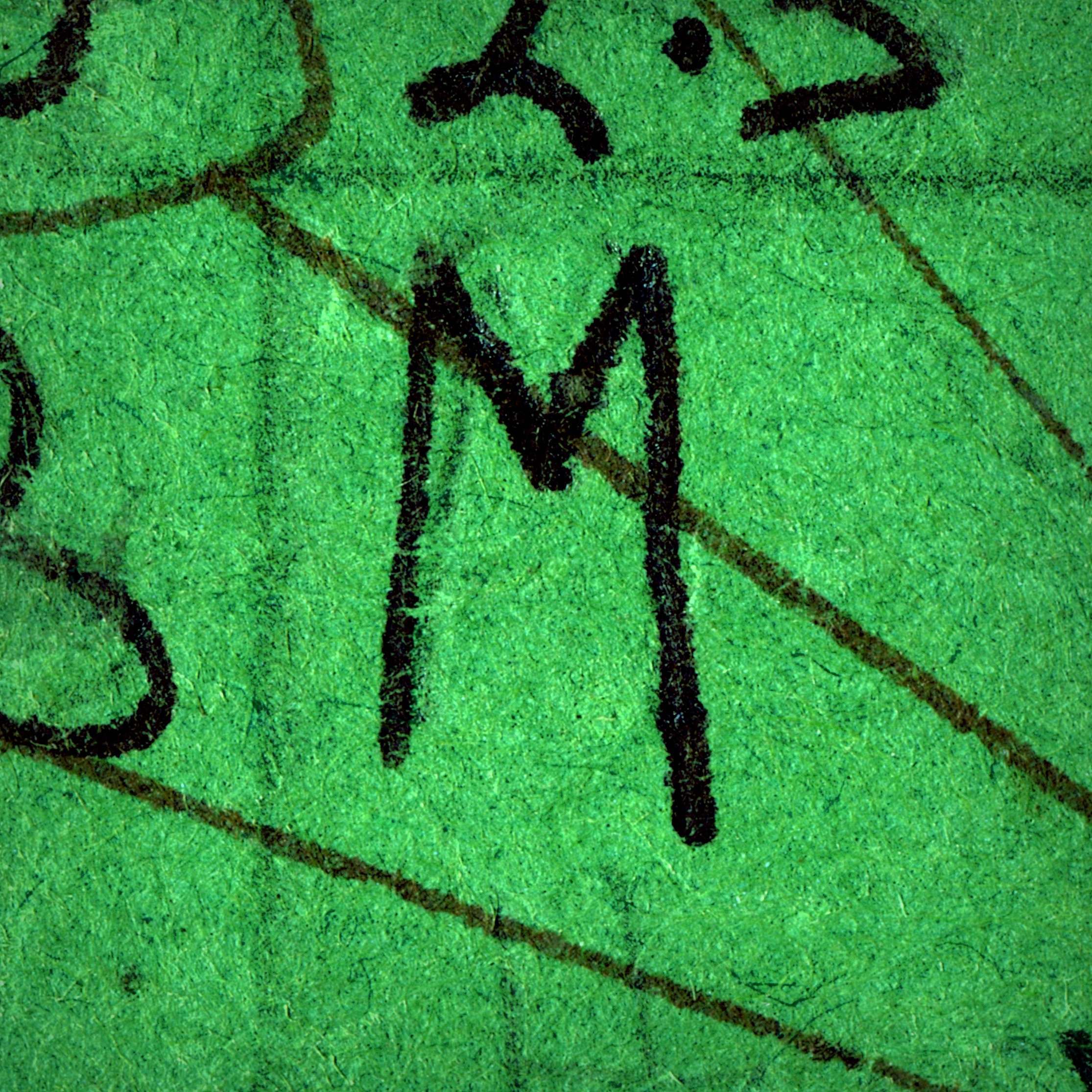 This is the rune for Eh, war horse, letter E. In the Cotton library manuscript called Galba A.ii (burned in a different fire from
This is the rune for Eh, war horse, letter E. In the Cotton library manuscript called Galba A.ii (burned in a different fire from 